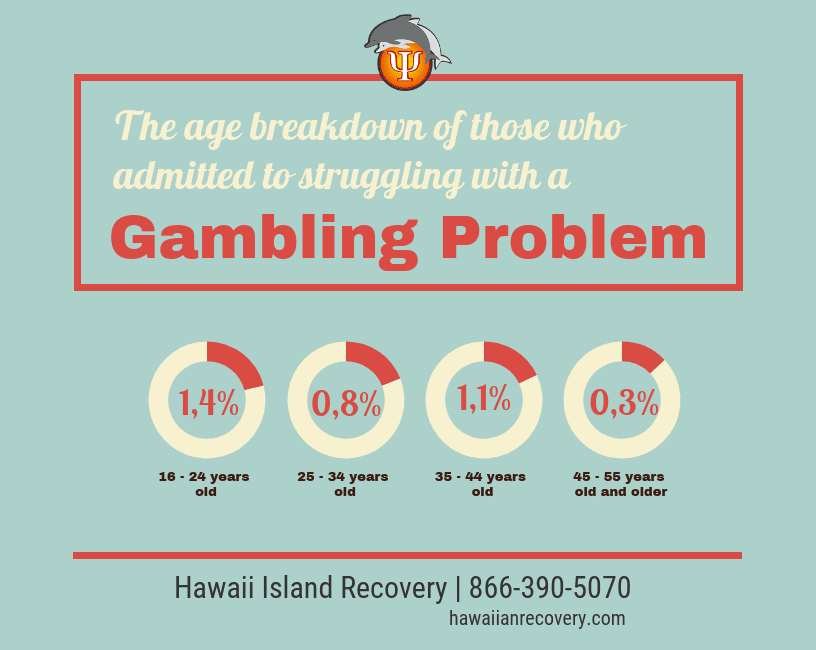Gambling can be a thrilling and entertaining activity, providing individuals with the opportunity to test their luck. However, it is essential to approach gambling with caution and set boundaries to ensure a healthy and responsible experience. In this article, we will explore the importance of setting limits and establishing control to safeguard oneself from the potential dangers associated with excessive gambling.
Understanding the Risks
While gambling can offer excitement and the possibility of winning, it also carries inherent risks. Without proper limits and control, it can lead to financial difficulties, strained relationships, and even addiction. It is crucial to be aware of these risks and take proactive measures to mitigate them.
Recognizing the Signs of Problem Gambling
Problem gambling can manifest in various ways, often leading to serious consequences. Some signs to look out for include an inability to stop gambling, spending excessive amounts of time and money on gambling, neglecting personal and professional responsibilities, and experiencing intense mood swings related to gambling outcomes. Being able to recognize these signs is the first step towards setting boundaries for a healthier gambling experience.
The Importance of Setting Limits
Setting limits is an effective strategy to maintain control over one’s gambling habits. There are different types of limits that can be established:
Time Limits:
Allocate a specific amount of time to gambling activities and stick to it. This will prevent spending excessive time that may interfere with other important aspects of life, such as work, relationships, and personal development.
Budget Limits:
Set a strict budget for gambling, ensuring that it doesn’t negatively impact your financial stability. Only gamble with what you can afford to lose, and never chase losses by exceeding your predetermined budget.
Loss Limits:
Establish a limit on the amount of money you are willing to lose during a gambling session. Once this limit is reached, take a break and avoid the temptation to continue gambling to recoup losses, as it often leads to further financial strain.
Win Limits:
Similar to loss limits, determine the amount of winnings that will be considered satisfactory. It’s easy to get caught up in the desire for more, but setting a win limit ensures that you walk away when you are ahead, allowing you to enjoy your profits without risking losing them.
Strategies for Maintaining Control
In addition to setting limits, several strategies can assist in maintaining control over gambling habits:
Schedule Your Gambling Activities:
By regularly scheduling your gambling sessions, you avoid spontaneous and impulsive behavior. This structured approach helps you maintain better control over your gambling habits.
Seek Social Support:
Engage in gambling activities with friends or family members who share your commitment to responsible gambling. They can provide support and accountability, ensuring that you stay within your established limits.
Take Regular Breaks:
It is essential to take regular breaks during gambling sessions. These breaks allow you to step back, evaluate your progress, and reassess your limits. Use these moments to focus on other activities that bring you joy and fulfillment.
Utilize Self-Exclusion Tools:
Many online gambling platforms offer self-exclusion tools that temporarily restrict access to their services. If you find it challenging to adhere to your limits, these tools can provide an added layer of control by preventing you from accessing gambling sites for a predetermined period.
Conclusion
While gambling can be a source of entertainment and excitement, it is crucial to approach it with responsibility and control. By setting limits and establishing boundaries, individuals can enjoy a healthier gambling experience, mitigating the potential risks associated with excessive gambling. Stay within your time and budget limits, recognize the signs of problem gambling, and seek support when needed. Remember, gambling should always remain a form of leisure, not a detrimental force in your life.

